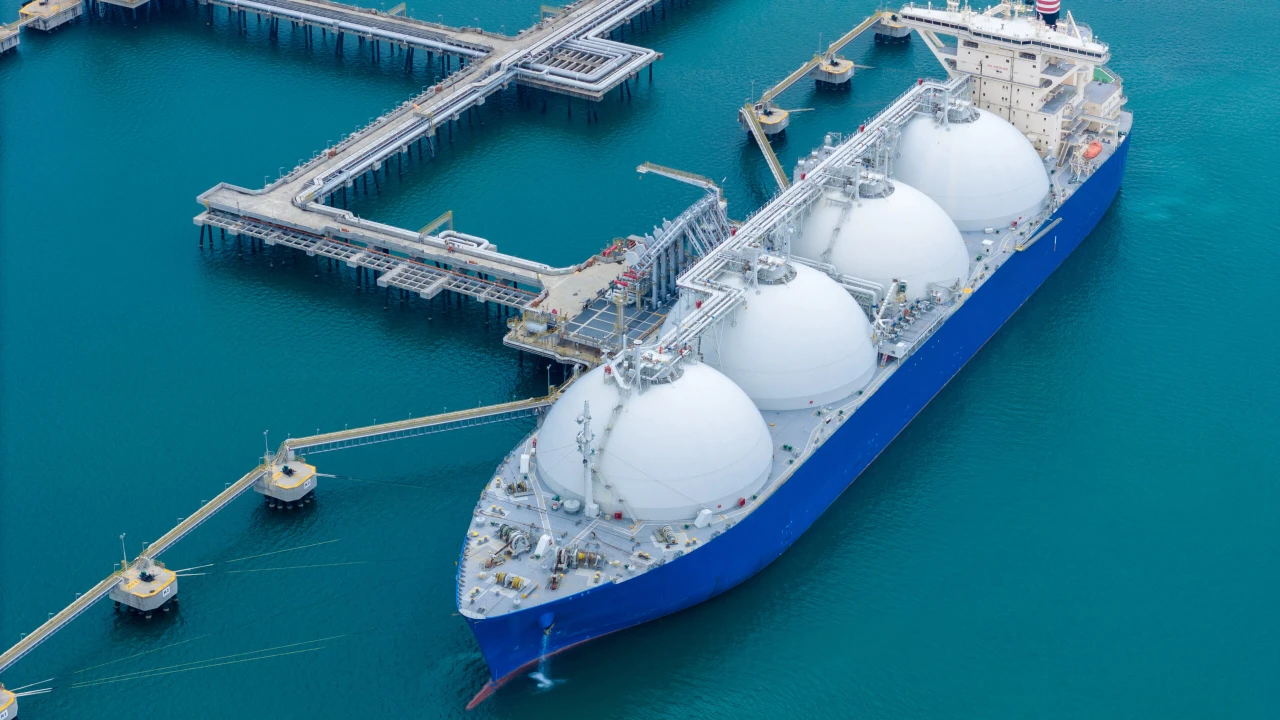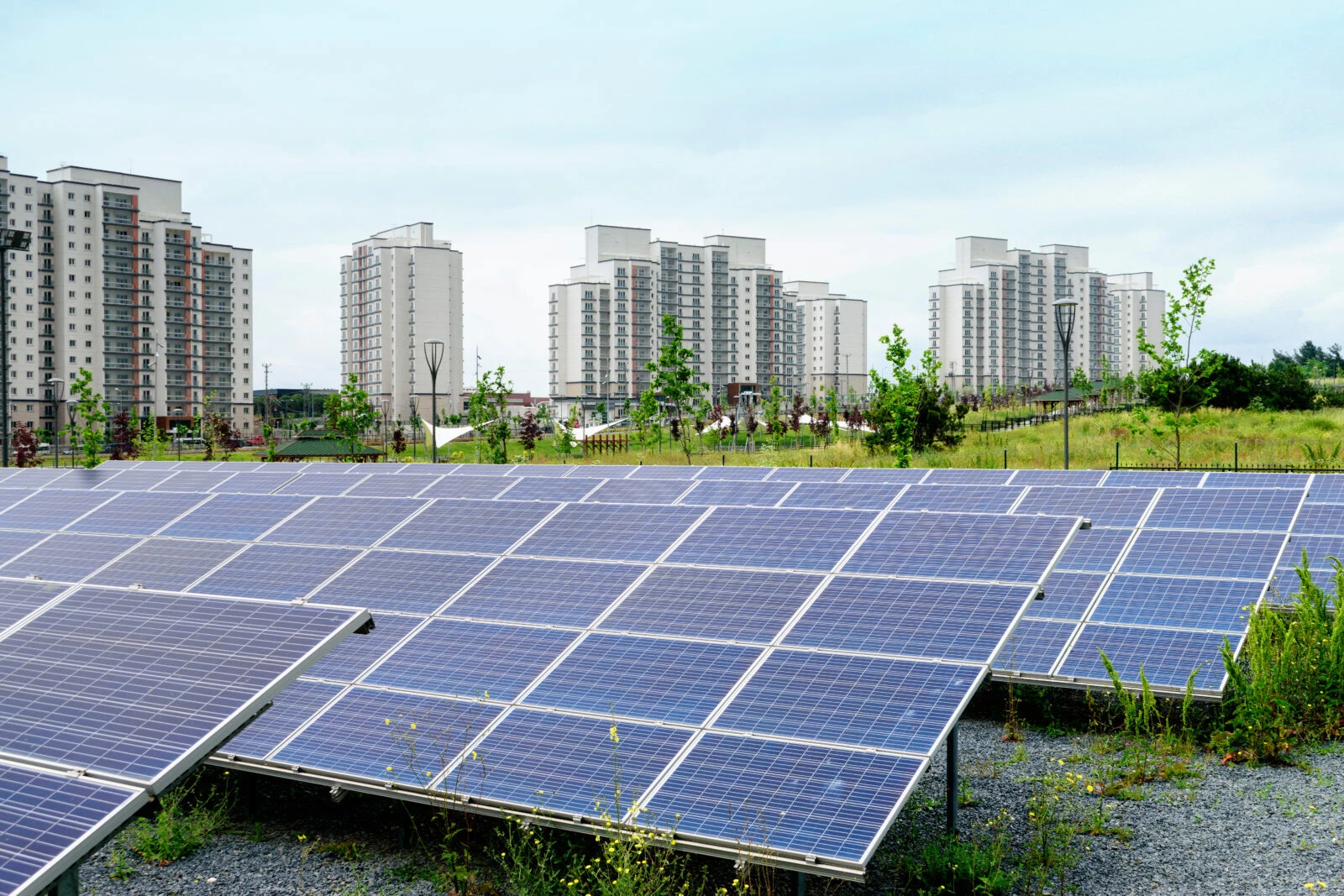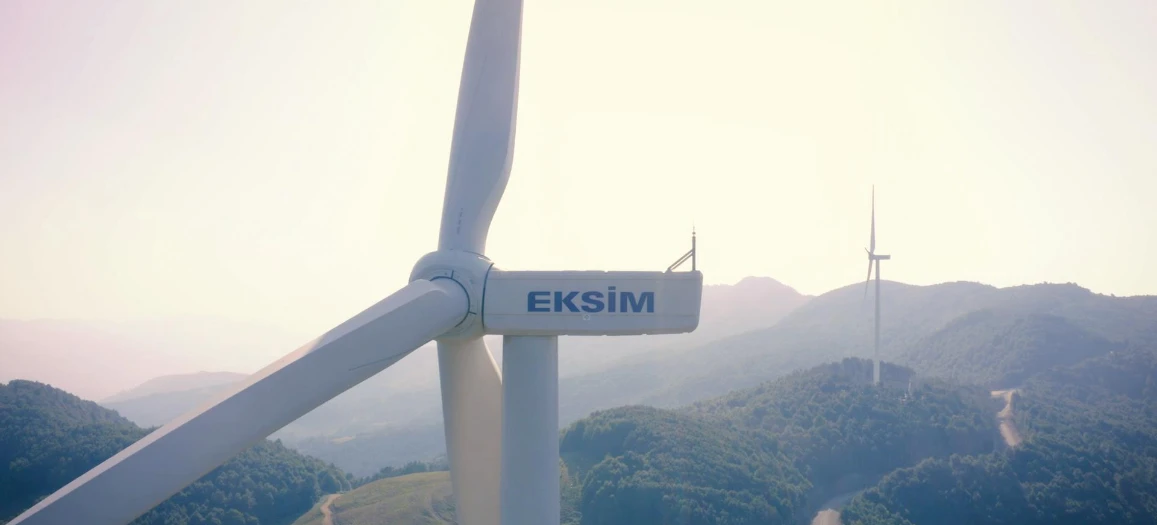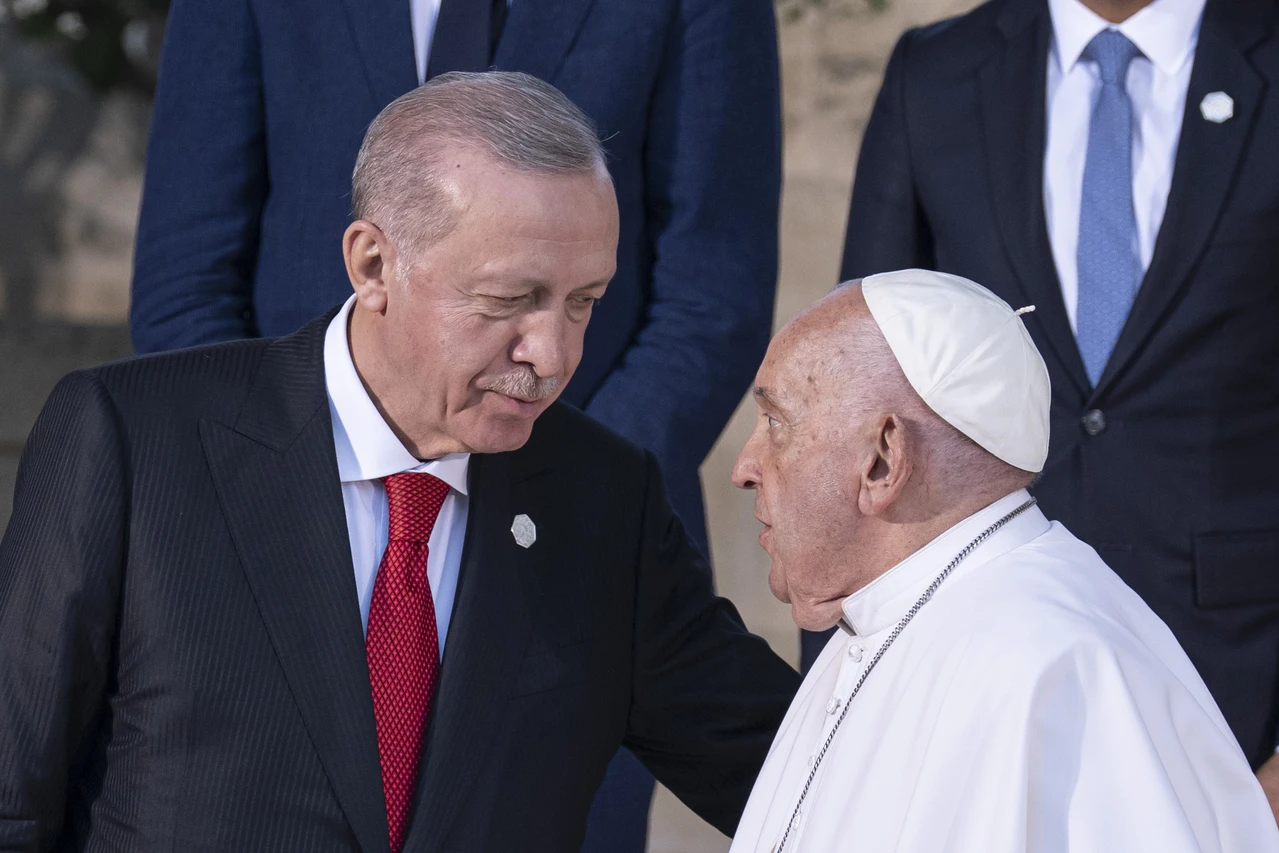Türkiye emerges as vital energy hub amid global LNG expansion
 LNG (Liquified Natural Gas) tanker anchored in Gas terminal gas tanks for storage, accessed on 20 Feb. 2025. (Adobe Stock Photo)
LNG (Liquified Natural Gas) tanker anchored in Gas terminal gas tanks for storage, accessed on 20 Feb. 2025. (Adobe Stock Photo)
Türkiye is positioning itself as a crucial energy hub at a time when major shifts in global liquefied natural gas (LNG) supply are set to reshape international energy markets, according to International Energy Agency (IEA) Chief Fatih Birol.
The country stands to benefit significantly from an unprecedented expansion in global LNG capacity beginning in 2026, which will strengthen the bargaining position of importing nations. This development comes as Türkiye continues to diversify its energy portfolio and enhance its role as a vital transit corridor for European energy security.
“This is good news for Europe, Türkiye, India, and Japan,” Birol told Anadolu Agency, discussing the imminent surge in LNG supply from projects in the United States and Qatar that were initiated six to seven years ago.
Türkiye’s energy security approach draws international attention
Türkiye’s strategic approach to energy security has drawn praise from international observers. The country has successfully implemented a multifaceted strategy, expanding its supplier base to include Turkmenistan while making substantial investments in renewable energy infrastructure, particularly in wind and solar power sectors.

The nation’s evolving energy landscape extends beyond traditional fuel sources. “Türkiye now sources gas from multiple suppliers, including Turkmenistan, and has made significant progress in renewable energy,” Birol noted, adding that further developments in nuclear technology could further strengthen the country’s energy portfolio.
Türkiye’s geographical position and infrastructure investments have enhanced its role as a critical energy corridor. The country serves as a vital transit route for natural gas from Azerbaijan, Turkmenistan, and other suppliers to European markets, contributing significantly to Europe’s efforts to diversify its energy sources away from Russian supplies since the onset of the Ukraine conflict in February 2022.
The timing of Türkiye’s energy strategy refinement coincides with a broader transformation in global energy markets. According to IEA data, while global LNG supply grew by only 2% last year—the slowest increase in four years at 10 billion cubic meters (bcm)—production is expected to rise by 6% this year, adding another 30 bcm, primarily driven by North American projects.
Türkiye’s future in energy landscape
Looking ahead, the energy landscape appears increasingly favorable for Türkiye’s strategic positioning. Ongoing LNG liquefaction projects, including Qatar’s expansion initiatives, are projected to add more than 270 bcm per year of export capacity by 2030, potentially strengthening Türkiye’s role as both an energy consumer and transit hub.

The country’s industrial capabilities also present opportunities for international collaboration. Birol highlighted Türkiye’s expertise in turbine manufacturing, suggesting potential for increased cooperation with European partners: “I see strong potential for collaboration between Türkiye and Europe in this field.”
This industrial capability, combined with Türkiye’s strategic location and diverse energy portfolio, positions the country to play an increasingly important role in regional energy security. As Europe continues to face challenges with high energy prices—currently five times higher than U.S. prices for natural gas—Türkiye’s role as an energy corridor and potential hub becomes increasingly significant.
The development of Türkiye’s energy infrastructure and its strategic positioning comes at a time when global energy markets are experiencing broader transformations, including what Birol describes as a “strong nuclear revival.”
While major economies grapple with energy security concerns, Türkiye’s balanced approach to energy development, combining traditional and renewable sources with potential nuclear expansion, could serve as a model for other developing economies.



